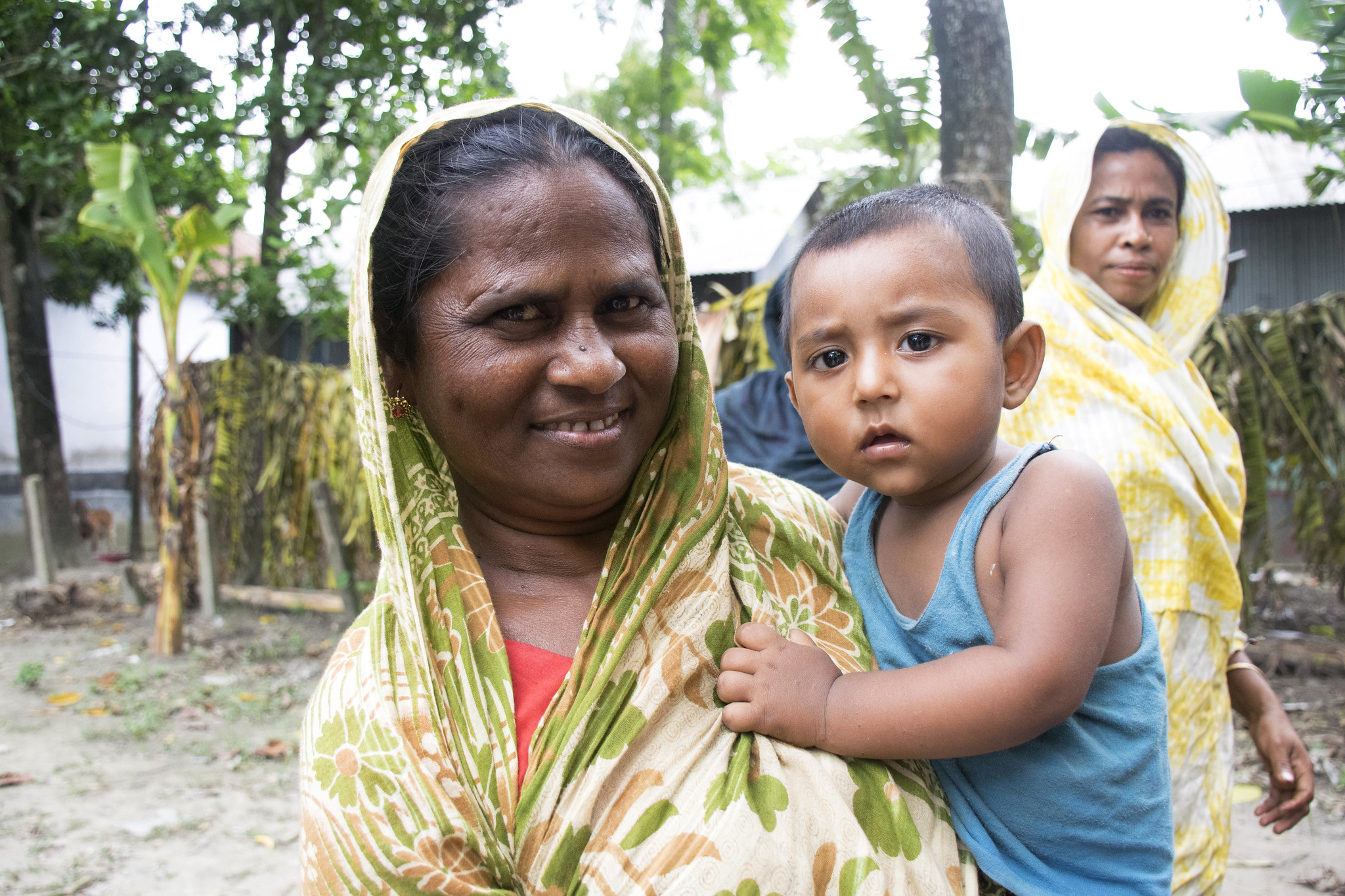Primaquine Efficacy, Safety and Tolerability Study Group
Primaquine Efficacy, Safety and Tolerability Study Group

Analysis of the effect of primaquine dose on the efficacy, safety and tolerability in patients with Plasmodium vivax malaria
The Primaquine Efficacy, Safety and Tolerability Study Group was formed in August 2019. An extension of this Study Group focused on the effect of age on primaquine tolerability, safety and efficacy is described under a separate Study Group banner. The manuscripts, Effect of primaquine dose on the risk of recurrence in patients with uncomplicated Plasmodium vivax: a systematic review and individual patient data meta-analysis and Primaquine dose and the risk of haemolysis in patients with uncomplicated Plasmodium vivax malaria: a systematic review and individual patient data meta-analysis were published in Lancet Infectious Diseases in November 2023 and adapted into an evidence review for the World Health Organization to update primaquine dosing for vivax malaria in the WHO Guidelines for Malaria.
Vivax malaria is associated with recurrent parasitaemia and anaemia with both attributable morbidity and mortality. Recurrent P. vivax can arise from recrudescence (treatment failure), reinfection (new infections) and relapse (reactivation from dormant liver stages). Whilst it is currently not possible to differentiate reliably between these alternatives, early recurrence is more likely to be due to relapse or recrudescence, whereas later recurrences are more likely to be due to relapse or reinfection. Relapse periodicity varies markedly with geographical location and can occur many months after the initial infection. Other factors influencing the risk, frequency and timing of recurrence include: antimalarial drug resistance, the pharmacokinetic profile of the antimalarial agents administered, host immunity, the use of hypnozoitocidal drugs and transmission intensity.
Recent pooled analyses through WWARN have identified the risk factors associated with early recurrence up to day 42. However, risk factors associated with recurrence, including multiple recurrences, over a longer duration have not been evaluated comprehensively.
Antirelapse efficacy is related to the total mg/kg dose of primaquine administered. Although higher doses of primaquine may provide greater efficacy, daily dosing is limited by tolerability particularly gastrointestinal symptoms and haemolysis. The comparative safety of different primaquine doses on adverse events needs additional investigation to inform development and implementation of high dose short course regimens.
- To investigate the effect of total primaquine mg/kg dose and regimen duration on the risk of P. vivax recurrence and how these effects change in different populations
- To investigate the correlation between primaquine and carboxyprimaquine concentrations and the risk of P. vivax recurrence and how these effects change in different populations
- To investigate the effect of daily primaquine mg/kg dose on drug tolerability
- To investigate adverse effects associated with primaquine use and dose
- Prospective clinical efficacy studies of uncomplicated vivax malaria with a minimum 28 days follow up:
- Treatment with chloroquine or one of four common artemisinin-based combination therapies (artemether-lumefantrine, artesunate-mefloquine, artesunate-amodiaquine, dihydroartemisinin-piperaquine)
- At least one treatment arm with primaquine given over multiple days and commencing within seven days of blood schizontocidal treatment
- Information on dose of schizontocidal treatment
- Information on use, timing and dose of primaquine
- Study meta-data as described in the Clinical Data Management and Statistical Analysis Plan
- Baseline data on patient age and sex
- Parasite density at day 0
- Weight
- Parasite presence during follow up
- Individual tablet or mg dosing
- Data on dose adherence
- Documentation on the supervision of drug administration
- Follow up through multiple malaria recurrence events
- Follow up for 180 days or longer
- Haemoglobin (hb) or hematocrit (hct) measured on day 0 and during follow up
- Malnutrition as gauged by weight and age +/- height or MUAC
- Qualitative or quantitative assessment of G6PD status
- CYP2D6 status
- Primaquine/Carboxyprimaquine drug levels during follow up
- History of malaria within the past 28 days
- History of fever
- Data on vomiting post administration
- Genotyping to potentially distinguish recrudescence and reinfection
- Methaemoglobin measured on day 0 and during follow up
- White cell count measured on day 0 and during follow up
- Adverse event data including serious adverse events, symptom questionnaires, and ECGs
After upload to the WWARN Data Repository, WWARN will standardise data sets according to the WWARN Clinical Data Management and Statistical Analysis Plan and pool all primary data sets into a single database of quality-assured individual patient data.
The effect of primaquine mg/kg dose and the duration of the primaquine regimen on the risk of recurrence will be explored by multivariable Cox regression analysis and network meta-analysis methods will be used for comparisons of primaquine regimens that have not been compared directly within a single trial (i.e. indirect comparisons). The efficacy analysis will be restricted to studies with follow up of 42 days or longer. The following covariates will be examined: age, sex, weight, nutritional status, G6PD status, CYP2D6 status, history of malaria within the past 28 days, history of fever, vomiting primaquine within one hour, baseline parasitaemia, parasite genotyping, baseline haemoglobin, schizontocidal treatment and relapse periodicity.
Subgroup analyses will restrict data to:
i) Patients treated with chloroquine
ii) Studies with a minimum 6 months of follow up
iii) Presence of symptomatic recurrence.
Additional analyses will explore the effect of primaquine mg/kg dose and the duration of the primaquine regimen on incidence rate of recurrence (events per person years) in studies in which patients were followed for 6 months or more through multiple episodes of malaria.
Multivariable logistic regression analysis will be undertaken to investigate the effect of daily primaquine mg/kg dose on gastrointestinal drug tolerability, presence of additional adverse events and severe adverse events, presence of haemolysis, anaemia and neutropenia.
Additional analyses will be undertaken to determine whether there is a difference in the tolerability, safety and efficacy of primaquine in paediatric patients.
A detailed statistical analysis plan has been developed.
The Primaquine Efficacy, Safety and Tolerability Study Group comprises participating investigators who contribute relevant data sets to the pooled analysis. Data sets will remain the property of the investigator and will not be shared without their consent. Rob Commons, Ric Price and Julie Simpson will oversee the statistical analyses. The Study Group collectively makes decisions with respect to including additional studies and plans for publication. Participating investigators will be recognised in publication as contributors under the banner of the Primaquine Dose Study Group. The Study Group will assign a Writing Committee to coordinate activities including data analysis and drafting of publications and reports for complete group review. The Writing Committee will comprise a group of interested investigators undertaking the data analysis and preparation of the manuscript. Authors will be recognised according to the ICMJE guidelines and the WWARN publication policy.
For further information, please contact Rob Commons on email: rob.commons@wwarn.org
Primaquine Efficacy, Safety and Tolerability Study Group:
Effect of primaquine dose on the risk of recurrence in patients with uncomplicated Plasmodium vivax: a systematic review and individual patient data meta-analysis The Lancet Infectious Diseases, 2023
Primaquine dose and the risk of haemolysis in patients with uncomplicated Plasmodium vivax malaria: a systematic review and individual patient data meta-analysis The Lancet Infectious Diseases, 2023




